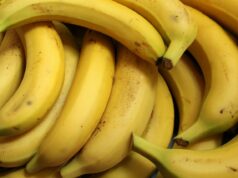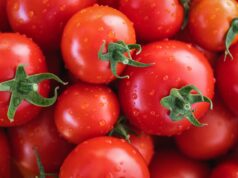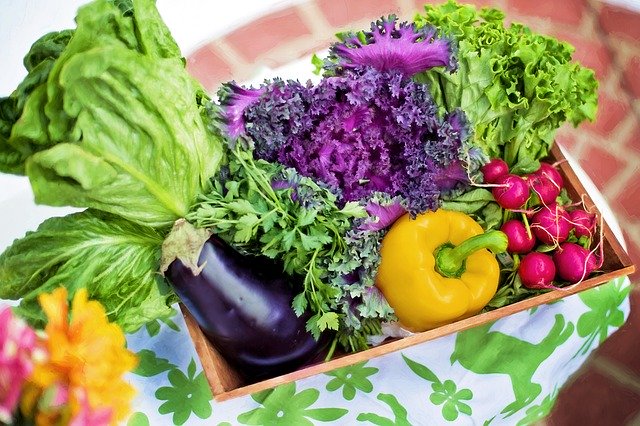
Vegetables are packed with a lot of nutrients which should be a part of your diet. These nutrients include minerals, antioxidants, and also fibers, that are beneficial for your health. Regular consumption of vegetables is associated with reduced risk of diabetes, stroke, heart problem, and also cancer.
Moreover, vegetables are dense in nutrients yet low in calories and the high fiber content makes you feel full for longer. So, it helps a lot if you are managing your weight.
Here we present everything you need to know about vegetable types:
Root vegetables
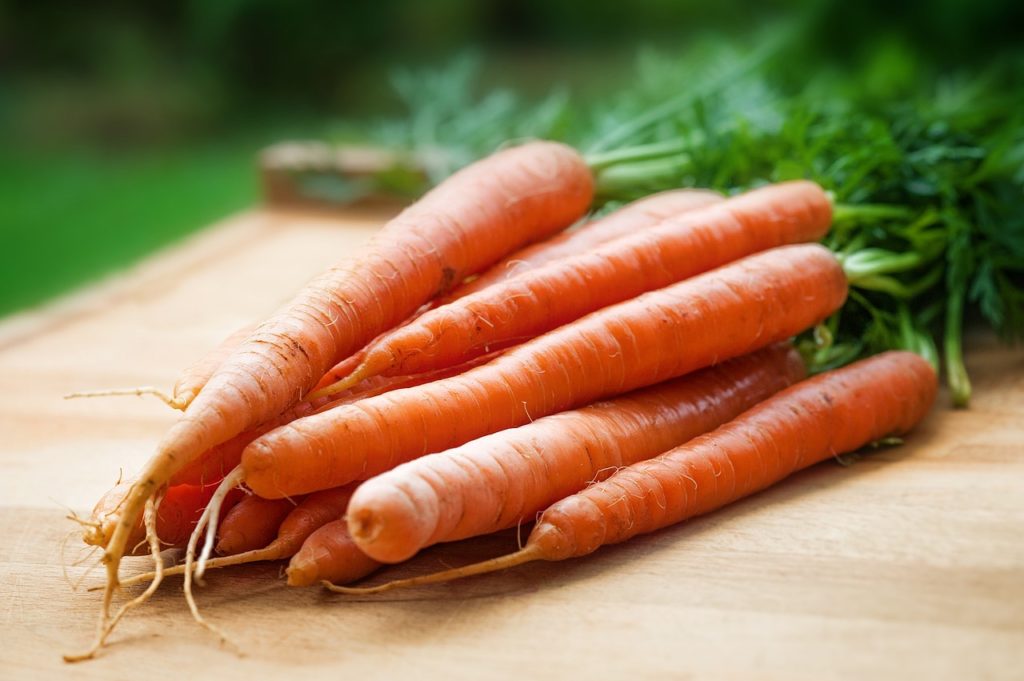
Vegetables which are actually the root of the plant are called root vegetable and includes potatoes, carrots, beetroots and also sweet potatoes. Root vegetables are high on nutrients like vitamins A and C along with other minerals like magnesium, potassium, and also fiber. These are also a great source of complex carbohydrates and antioxidants, making it great for managing weight. Additionally, root vegetables are naturally gluten-free. It also helps fight diseases like arthritis and heart diseases.
Pod vegetables
Vegetables whose pods are eatable are called pod vegetables and include wax beans, runner beans, and green beans. Pod vegetables are loaded with nutrients like vitamins A and K. It is also low in cholesterol and fat. The high fiber content makes it a great choice if you are looking to lose weight. Choose to have these vegetables for your main meals like lunch or snack on them without a worry.
Fruit vegetables
Fruit vegetables include tomatoes, bell peppers, eggplant, cucumbers, pumpkins, and zucchini amongst a lot more. Like all other vegetables, these are also packed with a lot of nutrients and fiber.
Stem vegetable
Stem vegetables, as the name suggests are the stems of plants, which are edible. These stems are mostly aerial stem, meaning that part of the plant, which is above the ground. This includes vegetables like asparagus, bamboo shoot, and celery.
Leafy vegetables
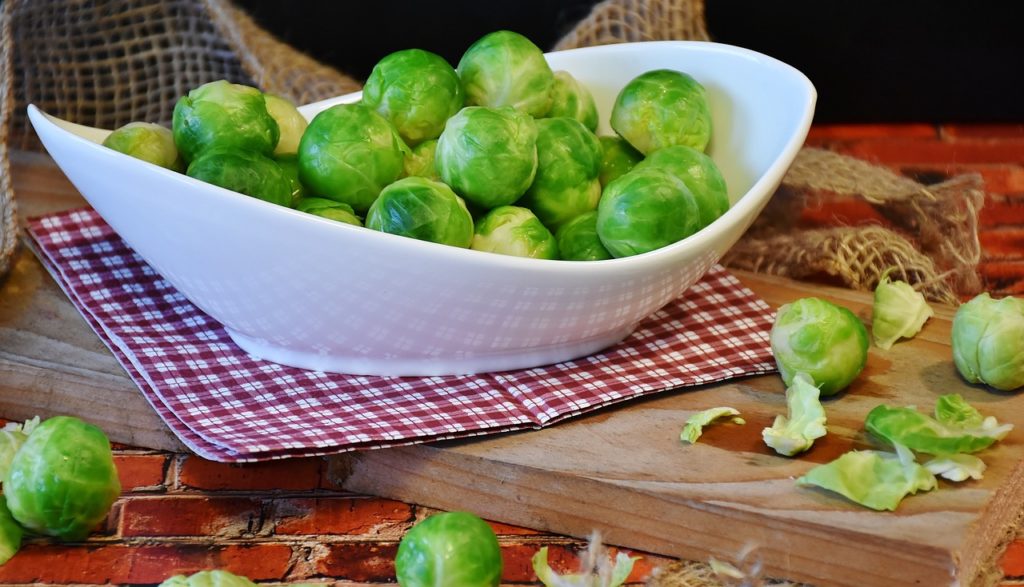
Leafy vegetables include spinach, Brussel sprouts, cabbage, and kale to name a few. Leafy vegetables are rich in dietary fiber as well as nutrients like vitamin C, magnesium, folic acid, potassium, and antioxidants like beta carotene. It’s low-fat content and lower calorie content makes it great for weight management. Studies suggest that regular consumption of leafy vegetables can reduce risks associated with heart diseases and also cancer.
Flower vegetables
Flower vegetables are those, whose flower is consumed as a vegetable. This includes vegetables like broccoli and cauliflower. A very good source of protein, flower vegetables are also packed with vitamins A, C, B6, folate as well as magnesium, potassium, and riboflavin, all of which together make these superfoods.
Seed vegetables
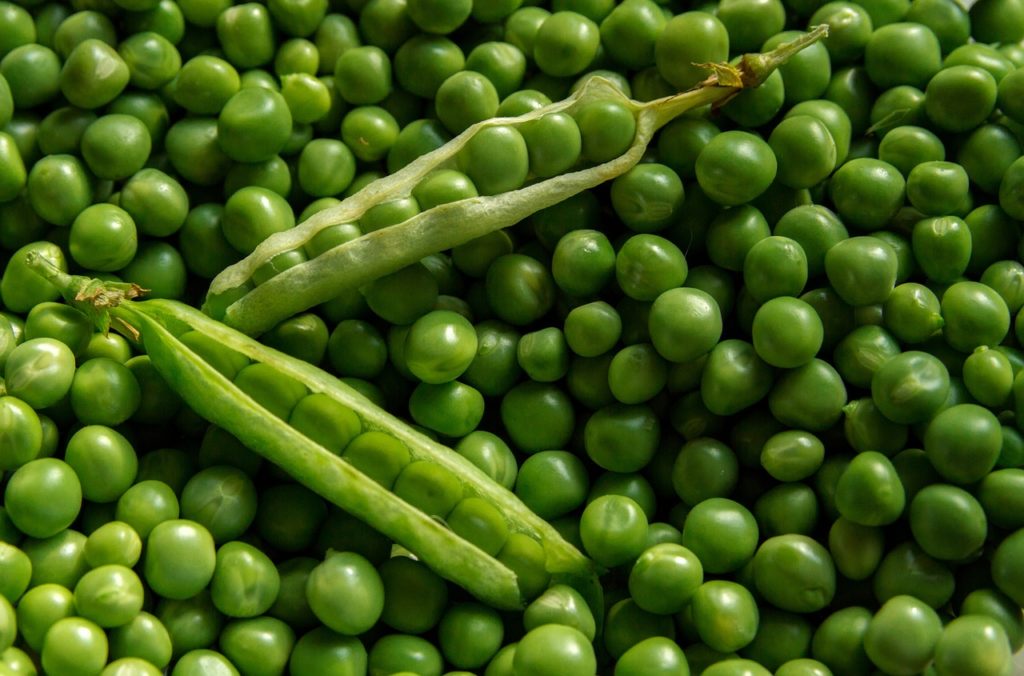
As the name suggests, seed vegetables are the seeds that are consumed as vegetables. This includes peas, bean seeds, snow peas, and also sweet corn. These are rich in nutrients like calcium, potassium, and magnesium, which aids in reducing the risks associated with heart diseases and high blood pressure.




























